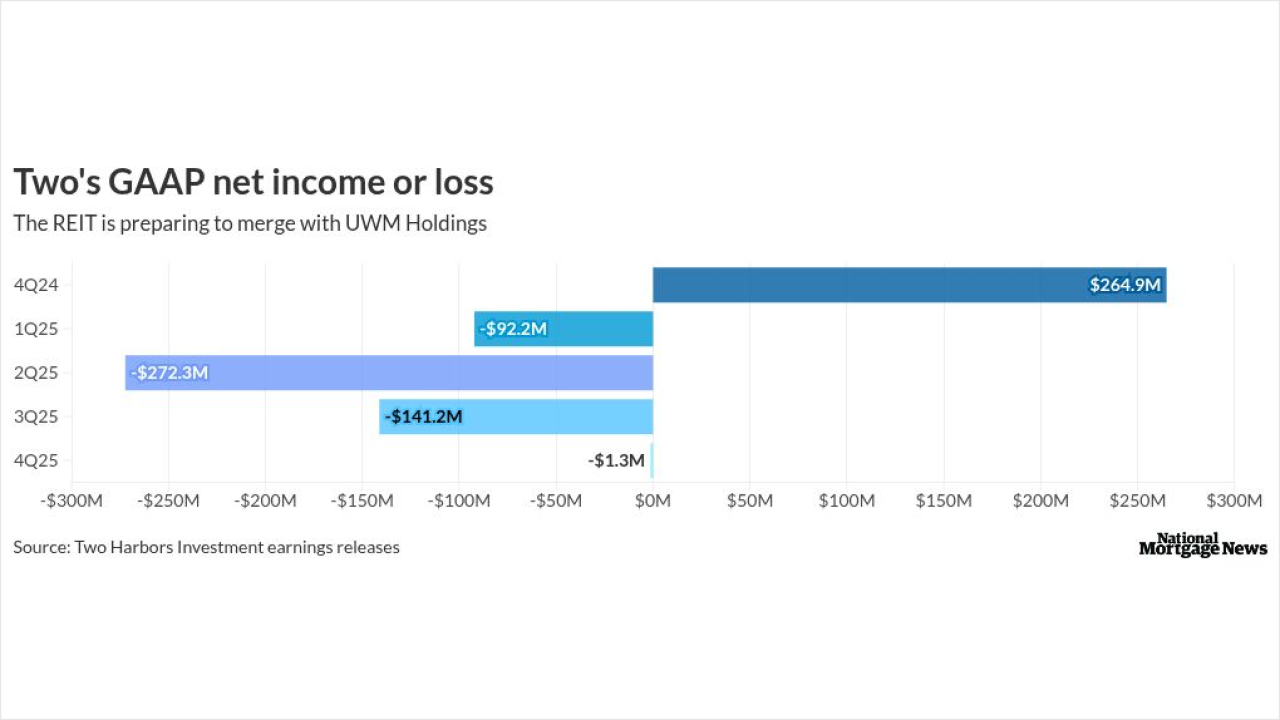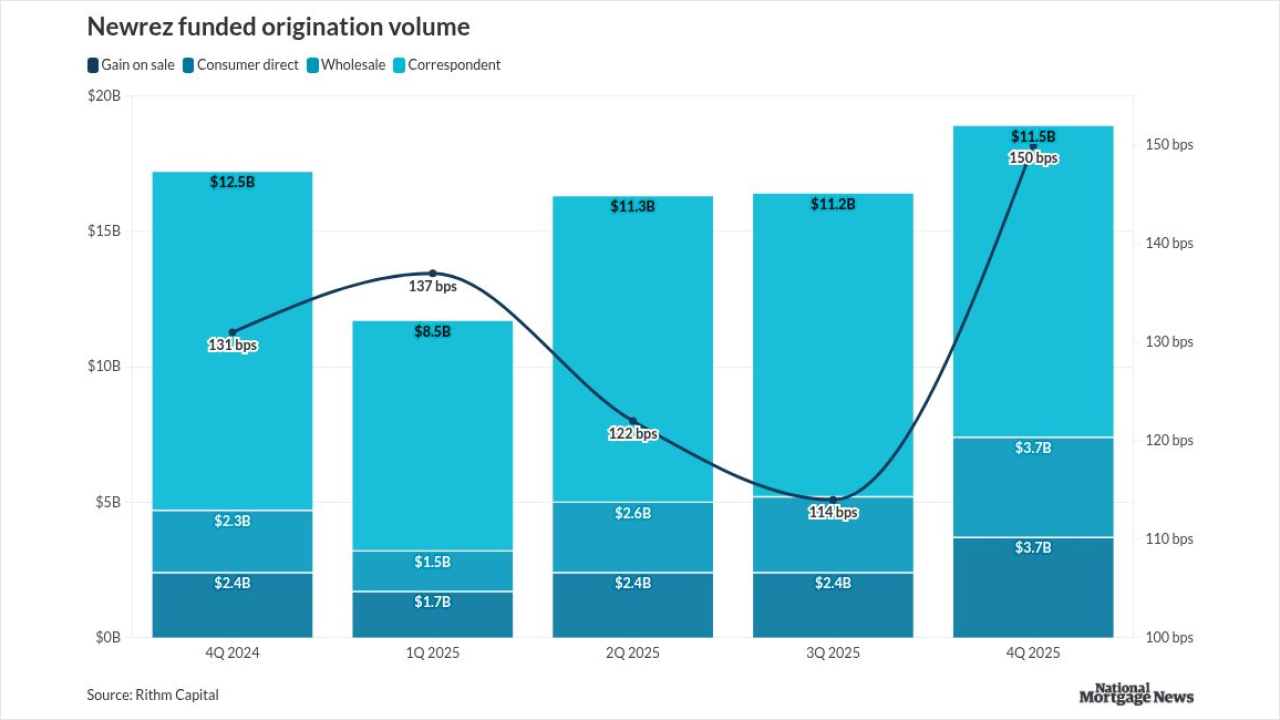The Community Home Lenders Association is concerned, not just about the tightening of underwriting criteria in the government-sponsored agencies' automated underwriting systems, but the lack of transparency regarding those changes.
In a letter sent to Fannie Mae CEO Hugh Frater and Freddie Mac acting CEO Mark Grier, the organization says members have run the same loan through their respective AUS in recent months. After the first run, the loan received an “accept,” but the second time, even when borrower credit scores and financial capacity and the loan terms remain exactly the same, the loan is now given a caution finding.
"We see no evidence that credit box tightening is warranted at this time by the underlying loan risk, particularly in light of the GSEs continued record of profitability," the unsigned letter said.
This letter to the government-sponsored enterprise heads follows one
The latest letter asks if the AUS change was made due to revisions regarding risk taking by the GSEs implemented in the
Both Fannie Mae and Freddie Mac do make adjustments to the AUS based on factors including changes in risk tolerance at any particular time.
A March update to Fannie Mae's Desktop Underwriter adjusted how the DTI is considered. Instead of the actual number, the program will now take into account the composition of that debt, including revolving debt and student loan debt. The revision considers those with a higher amount of revolving debt as less risky. Borrowers with student loan debt are considered to be less risky than those with only revolving debt. That update applied only to new case files and would not have caused a recommendation to change if a loan was previously submitted to DU and underwritten with the previous version, a source said.
A second change removed the option of identifying the borrower as self-employed as a risk factor and replaced that with variable income. So, a borrower that has a higher percentage of variable income such as bonus, overtime, commission and similar items, will be treated by DU as being riskier.
Among the CHLA members that have gotten loan files caught in the DU changes is Draper & Kramer Mortgage based in Mountain Lakes, N.J.
The company ran a borrower's file on the old version of DU and received an approved eligible finding from the system, said Tim Shultz, senior vice president of National Sales Administration at Draper & Kramer.
This borrower had a 714 credit score, an hourly wage position, no variable income with 21% mortgage DTI and 38% total DTI ratios and three months reserves. The borrower was approved for the Home Ready program.
But when the loan was soon to close, Draper & Kramer reran the file through DU. It does this as a normal practice, as there might be differences in income, or other variables. Even if there aren't any changes, most lenders do a fresh run to make certain everything still matches with the final underwrite, Shultz said.
The main change in this particular case was a reduction in the total DTI to 33%, as some of the revolving debt was cleared off and the borrower was able to save enough to add another month to his reserves. But when the file went through the updated DU, it came back referred with caution, Shultz said.
Luckily, the company was able to rerun the loan and deliver it using the original findings.
This wasn't the only instance this change has occurred and it has also happened with loans run through Freddie Mac's Loan Product Advisor, Shultz said.
As a result, the CHLA is looking for more transparency from the GSEs for their changes. "We're the ones making the loans; Fannie and Freddie, they're the ones securitizing them," Shultz said. "Let's work together here so we all know our intent and our purpose."
Representatives from Fannie Mae and Freddie Mac did not offer comment as of deadline.



